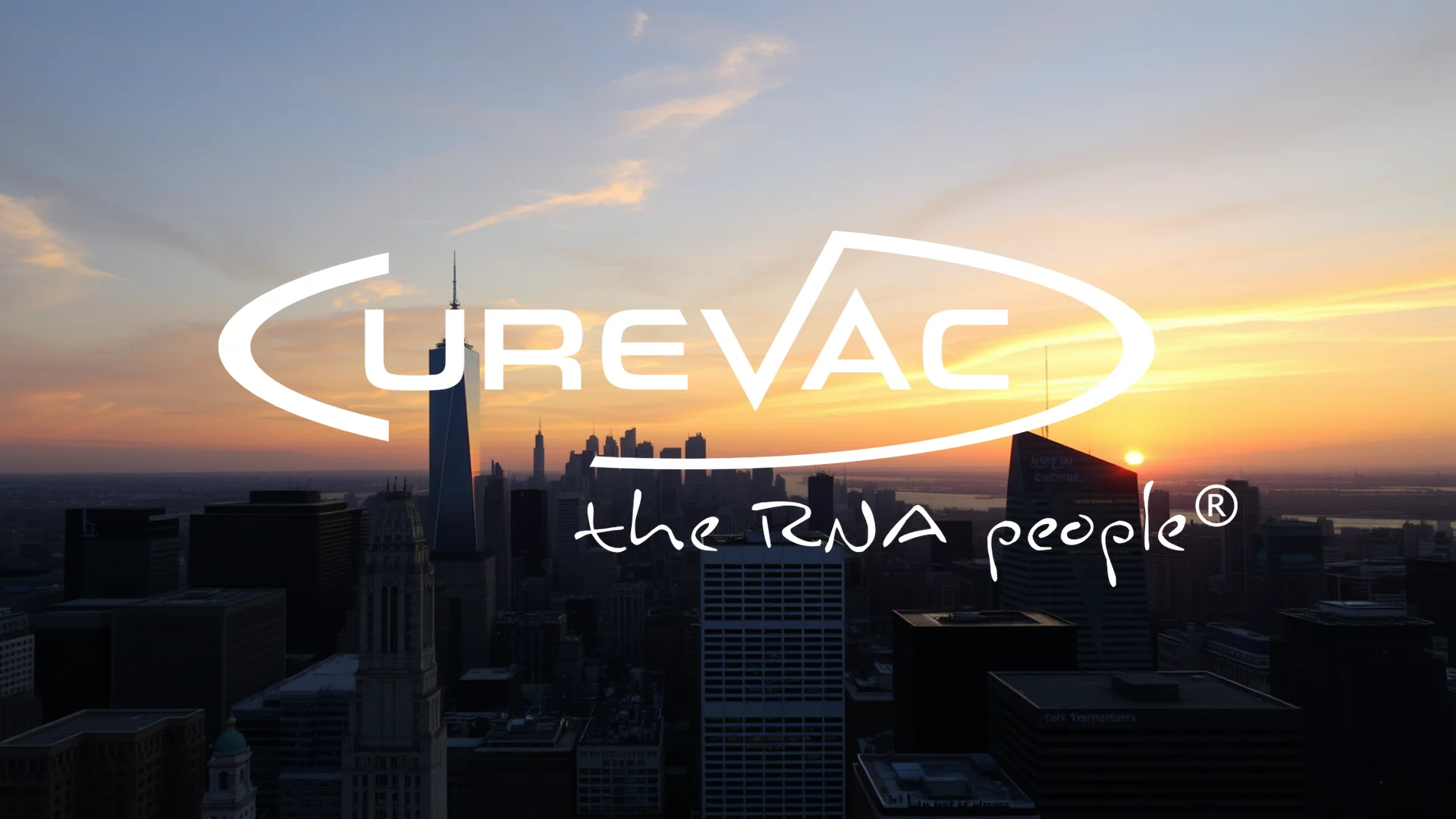The biotechnology sector is watching closely as BioNTech’s proposed acquisition of CureVac enters its decisive phase. With a November 25 shareholder meeting approaching, investors must determine whether to accept the takeover bid that could reshape the mRNA therapeutics landscape.
Acquisition Hinges on Shareholder Approval Threshold
BioNTech has established clear parameters for its acquisition proposal, offering approximately $5.46 per CureVac share through American Depositary Shares (ADSs) of its own stock. This values the potential transaction at around $1.25 billion. However, the deal contains a critical contingency: it requires acceptance from at least 80% of CureVac shareholders to proceed. BioNTech has indicated it would only consider lowering this threshold to 75% under exceptional circumstances.
The exchange mechanism introduces additional complexity. The conversion ratio fluctuates based on BioNTech’s average stock price during the ten trading days preceding the offer’s expiration. Should BioNTech shares trade above $126.55, CureVac investors would receive 0.04318 BioNTech ADSs for each share they hold. If the price falls below $84.37, the ratio increases to 0.06476 ADSs per share, providing limited protection against significant price movements.
November Gathering Represents Pivotal Moment
An extraordinary general meeting scheduled for November 25 will see shareholders vote on multiple crucial matters:
• Organizational restructuring of CureVac and its subsidiaries post-acquisition
• Comprehensive changes to executive and supervisory board composition
• Final approval of the merger transaction
Should investors sell immediately? Or is it worth buying CureVac?
The registration deadline for voting eligibility passed on October 28, with vote notifications required by November 20. Investors electing to accept the offer have until 3:00 PM Central European Time on December 3, 2025, to submit their decision.
Strategic Rationale Extends Beyond Scale
The proposed combination represents more than corporate consolidation. BioNTech aims to significantly strengthen its oncology research pipeline by leveraging CureVac’s specialized knowledge in mRNA-based cancer immunotherapies. The merged entity plans to advance two pan-tumor programs, including the bispecific antibody candidate pumitamig (designated BNT327).
A significant obstacle to integration was recently removed when CureVac and the BioNTech/Pfizer alliance resolved their protracted patent dispute concerning mRNA COVID-19 vaccine technology. This settlement creates legal certainty and facilitates smoother operational combination across international jurisdictions.
Implications for Non-Participating Investors
Shareholders who choose not to actively participate in the tender offer will still be affected by the transaction’s outcome. Following the offer period’s conclusion, BioNTech intends to execute a restructuring that would enable it to acquire 100% of CureVac’s outstanding shares. These investors would receive the same compensation as participating shareholders, though potentially with different tax consequences—specifically, a possible 15% Dutch withholding tax applied to the BioNTech ADSs they receive.
For CureVac’s investor base, the company’s independent future appears to be concluding. The coming weeks will determine whether this significant consolidation within the mRNA sector proceeds as planned, with the countdown to decision day well underway.
Ad
CureVac Stock: Buy or Sell?! New CureVac Analysis from February 7 delivers the answer:
The latest CureVac figures speak for themselves: Urgent action needed for CureVac investors. Is it worth buying or should you sell? Find out what to do now in the current free analysis from February 7.
CureVac: Buy or sell? Read more here...











